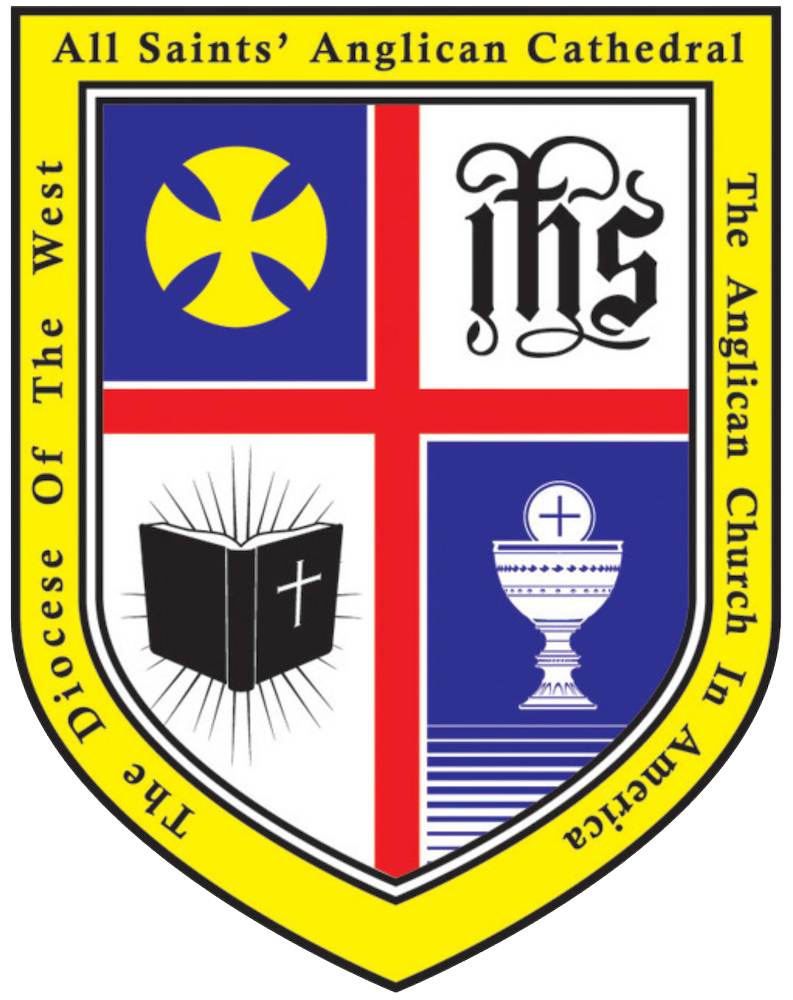First Sunday after Easter AD 2024
The resurrection of Jesus is both self-evident and unexpected. It is self-evident since Jesus is the Son of God. At the same time, however, it is unexpected because Jesus is a man and mortality is an inevitable fact of our fallen human nature, just as it is a universally accepted fact that the dead do not rise.
Jesus rose from the dead because in Him God and man are inseparably united. Jesus has overcome the world, sin, death, and the devil, and this is true not only of Him, but of all who are united with Him and given new life in Him.
St. John says that Jesus Christ has come “by water and blood”. The apostle is certainly referring here to how when Jesus died, blood and water came out of His side pierced by a spear. The ancient tradition of the Church sees here the revelation of the two most important sacraments: Baptism and the Eucharist.
In Baptism, our old, sinful self is buried, and we are clothed with Jesus Christ so that we may live in righteousness, holiness, and truth to the glory of God the Father. In the Eucharist, the crucified and risen Lord Himself comes to us and into us, uniting us with the Father and with each other into the true Body of Christ.
Today’s Gospel adds a third, equally precious sacrament to these two: the sacrament of Penance, that is, the confession of sins and absolution, in which we are acquitted of all our sins by the power of the Holy Spirit, if we repent of them and want to live a new life according to God's will.
After His resurrection, Jesus said to His apostles that “as my Father hath sent me, even so send I you.” This is the mission of the Church: to proclaim the forgiveness of sins and new life in Christ Jesus, our crucified and risen Lord, and to pass this life on through the holy sacraments.
